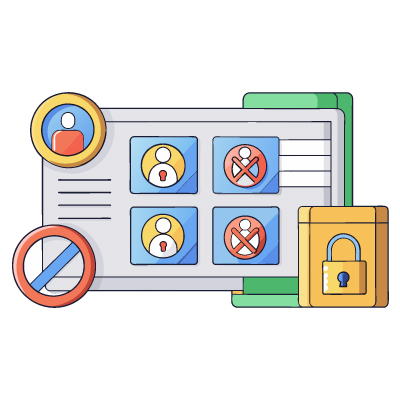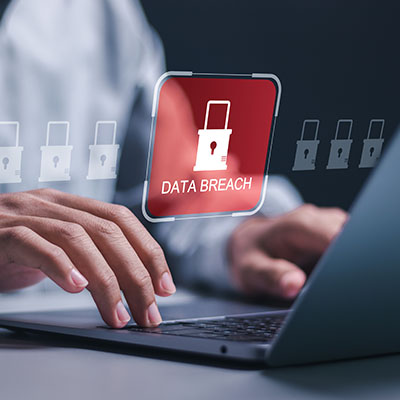If you’re a regular reader of this blog, you’ve probably come across articles on blockchain before. This week, we’re shifting gears to explore a new topic: should cryptocurrency, which is enabled by blockchain technology, be subject to taxation by state, federal, and international authorities? Let’s dive into what blockchain is, how it supports cryptocurrency, and the ongoing debate about potential taxation.
Let me ask you this: would you trust every one of your team members with a key to your house? Of course not, right? After all, what if someone lost their copy or had it stolen from them? So, if you wouldn’t trust your entire team with access to your home, why on earth would you trust them with carte blanche access to your entire business and all of its data? That’s just it… you wouldn’t.
Having your team connected through mobile, especially with access to collaboration and communication tools, is the new normal in business. Many organizations take advantage of the ubiquity of smartphones and either provide mobile devices to their staff or utilize the built-in options on many of today’s newest mobile OSs that allow them to put an encrypted work profile on; effectively adding mobility to your business without a huge capital investment. Regardless of what option you choose, you need to have management software in place if you are going to trust your employees to have access to company information outside of the office.
The blockchain is a technology that many people know about, but cannot explain. They know it has something to do with Bitcoin, but can’t tell you exactly what. Well, whether you know next to nothing about blockchain, or you’re a seasoned crypto investor, you will be.
Over a quarter of all data breaches target small businesses, and the cost of a breach can be devastating. To protect your business’ data and infrastructure, small businesses need a combination of effective technology tools and well-planned strategies. Here are some key steps your business can take to safeguard itself against digital theft.
Businesses face numerous challenges, many of which arise internally. Whether your business is dealing with cybersecurity threats, unhappy customers, or unreliable suppliers, leaders must navigate every threat. Among these, internal issues can often be the most disruptive. In this blog, we’ll focus on two critical employee-related challenges that can significantly hinder business operations.
We haven’t been shy about how essential data backups are, simply because there is always the chance that your business will encounter some form of disaster… but, what if something interferes with these backups? This danger is one reason that immutable backups are utilized. Let’s go over what this means, and how it helps.
Data breaches are always a potential problem. They can cause all types of problems inside your business and can even cause strife should your customers need to be notified. In today’s blog, we thought we would review some of the largest and most noteworthy breaches in 2024.
Data fuels business, but we also share a large amount of data even in our personal lives. Even the most benign communications, like chats, requests to stop by the store on your way home, and even memes or pet pictures, are considered data—and where there’s data, there’s a place where it’s stored. Today’s question: do you know where your data is being stored? And do you know the impact of that storage?
Businesses are constantly seeking the best ways to utilize their data. Whether developing a business intelligence strategy, integrating artificial intelligence, or conducting simple analytics, having accurate and reliable data is crucial. Without it, insights can be misleading and costly. Therefore, understanding how to scrub or clean your data is essential. Clean data is vital for anyone involved in business intelligence or AI. Today, we will explore this topic and provide a simple guide to get you started.










